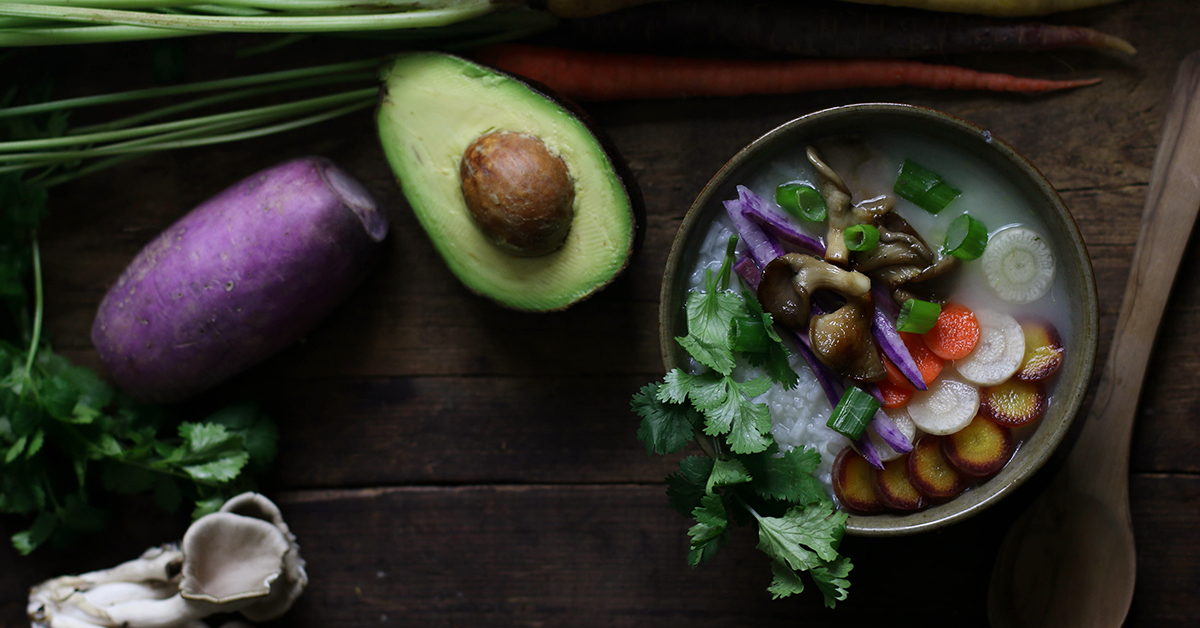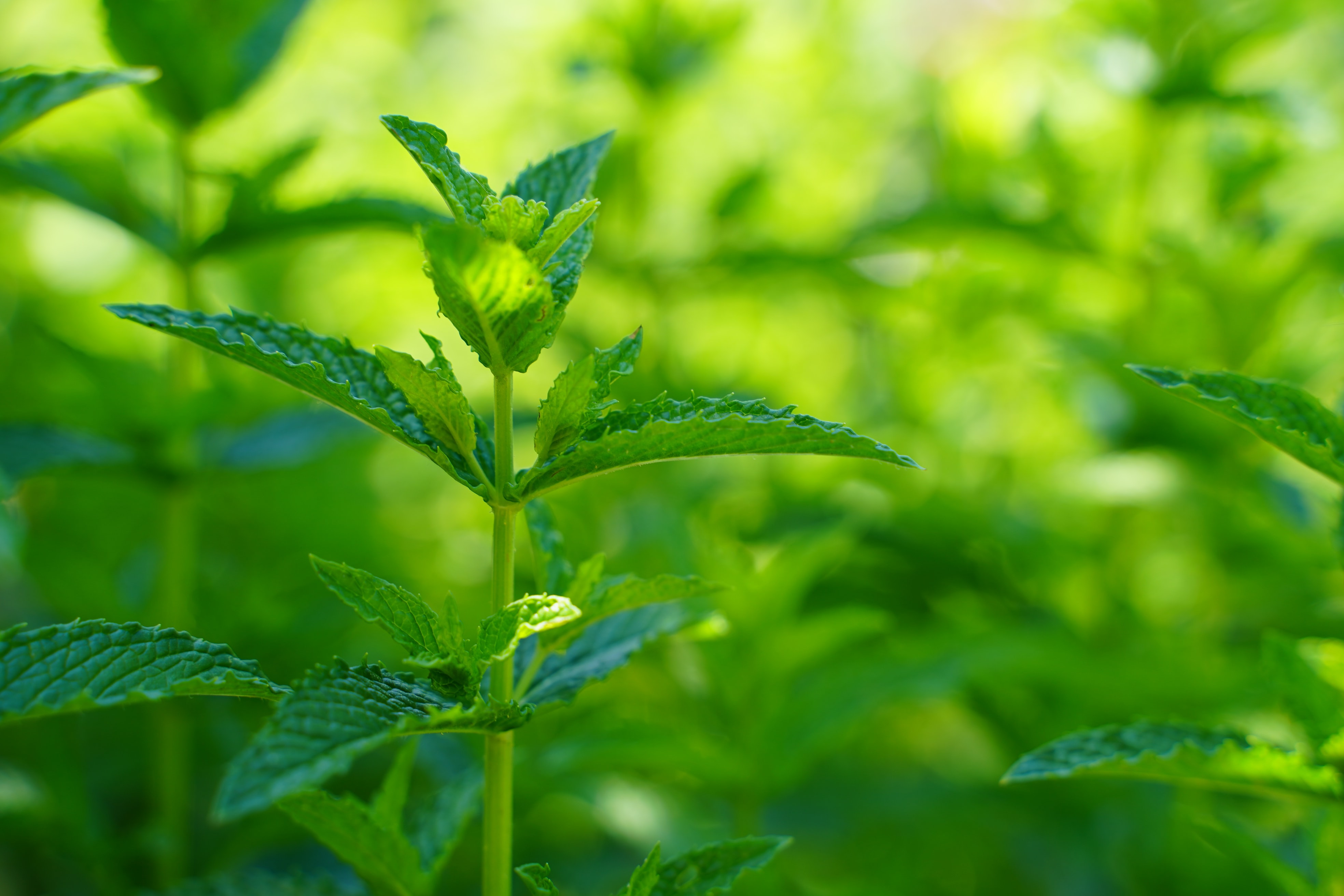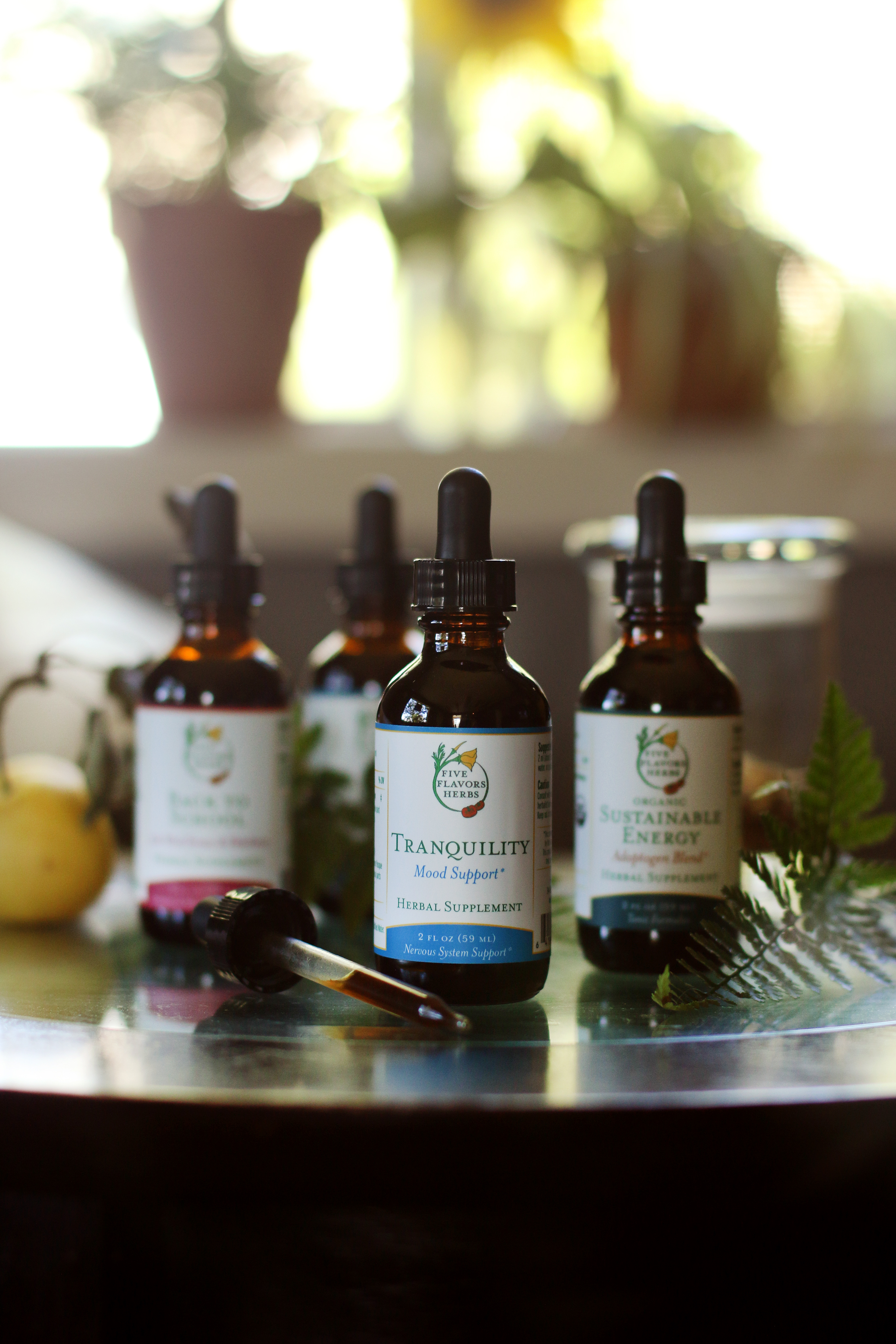If we could pick a word to describe what it takes to survive the past 18 months, it’s resilience. The Oxford English Dictionary defines resilience as the ability to recover quickly after difficulty, stress or injury. Resilience also refers to materials that are flexible and pliable, which do not break when forced to bend. Life during the pandemic and a mounting climate crisis has certainly presented many difficulties and has forced us all to adapt, bend, and shift our ways to cope with new and persistent stressors.
Having to be resilient, to be strong and flexible under stress, when you really want to cry, scream, or just give up, can be its own form of stress. Sometimes we have to crash and break, then allow someone or something to catch us and lift us back up. That may be a government stimulus check, a supportive friend, an understanding boss, or an herbal remedy.
Over the past year, we have shared many tips for self-care under stressful times, from sleep to yoga to nourishing cleanses, and lots of herbal advice for supporting mental health naturally. As we move into the darker months and the holidays, which can bring both joy and overwhelm, please consider some of these tools for resiliency. And if they aren’t doing enough, if you just don’t feel like being tough anymore, reach out to someone you trust and ask for help!
Eat:
Each individual has a different relationship with food when it comes to stress. Some of us lose our appetite and eat less. Some of us lean on comfort foods and may eat excessively when under stress (me!). No matter what, we all have to eat, and consuming nourishing and delicious meals that are easy to prepare can help us ground and balance.
- Broths (bone-based or vegan) can be made ahead of time and frozen to make an easy soup, or to sip alone.
- Congee is easy to make overnight in a slow cooker, and can be consumed with various condiments for any meal. This soft rice porridge assimilates easily and especially helpful when feeling ill, experiencing a low appetite, or recovering after poor food choices.

Congee
Move:
- Walking (or other movement) in nature (aka forest bathing or shirin yoku) has been shown to benefit the mood and nervous system.
- Yoga is my go-to practice for physical and emotional self-care. While the commercialized appropriation of yoga in the West is highly problematic, I value it as a powerful toolbox for healing.
- A lifelong student of martial arts, my cofounder Ben Zappin prefers Qigong to cultivate resiliency. Check out his interview with teacher Sally Chang LAc as they discuss how internal martial arts help them develop peace from within to navigate unavoidable conflicts. You’ll also find links to free, brief Qigong practices for calming the mind and supporting the lungs.
Sleep:
Stress impacts our sleep, and lack of sleep impacts our ability to respond to overwhelming situations. Sleep allows our bodies and minds to rest, repair, and rejuvenate in ways that simply aren’t possible while awake. Inadequate sleep affects our energy, mood, focus, and also our physical health. Read more about our bedtime tips and natural sleep aids here.
Work mindfully:
Whether working from home is bringing you down, or you are working at home to retreat from a stressful workplace environment, we’ve organized five ways to stay organized and reduce stress at work.
Plant allies:
In Western herbal medicine, “nervines'' encompass a broad spectrum of herbs that affect the nervous system. Some are uplifting and energizing, such as rosemary or St. Johnswort, or nourishing like milky oats. Others are calming (“calmatives”) such as California poppy or lemon balm. “Anxiolytics” quell worry and relax the mind, including silk tree bark and skullcap. Sedating or sleep-inducing (“soporific”) herbs include valerian, hops & passionflower. “Adaptogens” also support the nervous systems vis-a-vis normalizing endocrine function, supporting the body's systems in responding gracefully to stressors. Holy basil, rhodiola and ashwagandha are some of our favorite adaptogens.

Lemon Balm
In TCM, many herbs now called adaptogens are age-old tonics, such as reishi and eleuthero. Other important TCM categories include “herbs that calm the spirit” which direct to the Heart, while others move emotional energy (especially anger and depression) by moving the Liver qi, or improve digestive capacity to enhance energy production from food by tonifying the Spleen qi.
For nearly fifteen years we at Five Flavors Herbs have been using our mood support and adaptogenic formulas with customers, family, friends, and patients, and feel like we can speak to what powerful tools each herb and formula offers for getting us through tough times.
This formula helps maintain peace of mind and a calm spirit. California poppy can reorient patterns of circular thinking, while skullcap calms and nourishes the nervous system, and Western Pasque flower grounds and centers us. Kava, which has a long history of use for promoting harmonious social interactions, begs you to share this formula with friends. The support of this combination also depends on time-tested Chinese herbs. Mimosa bark and flower are well known to elevate the mood and relieve occasional anxiety, and schisandra berry is a premier calm spirit herb.*
This formula blends the classic TCM combination, Xiao Yao San, or “Free and Easy Wanderer” with Western nervous system and adaptogenic herbs to provide tonic support over time as well as help in the moment. The Chinese components regulate Liver qi, support digestion, nourish the Blood, and uplift the spirit. Adaptogenic rhodiola supports a healthy stress response and maintains balance. Mimosa bark, lemon balm, and western pasque flower have calming, stabilizing, and nerve-soothing properties.
Clarity is formulated with common herbs from Western, Chinese, and Ayurvedic repertoires that have been used traditionally to support mental focus and centered calmness. The remedy promotes concentration in the moment, and imay support long term cognitive health with gingko leaf and gotu kola. Wild oat, holy basil, and rosemary offer fast-acting tension relief so you can resist distraction. The adaptogenic and supplementing function of holy basil, schisandra, and wild oat promote a greater resilience to stress and greater mental energy.
Sweet Dreams is a mixture of time-tested calming soporifics, formulated to promote a restful night's sleep. California poppy and hops have been used to bring on drowsiness while chamomile and passionflower slow rapid thoughts that are common in undesired wakefulness. This formula rests on both sides of our bed at night for occasional sleepless nights.
This adaptogenic blend helps us muster our endurance daily, and helps to tame our response to everyday worries. Eleuthero and rhodiola support vitality and endurance. Ashwagandha and milky oats have been used traditionally to boost the mood and nourish the nervous system, support restful sleep, and for sexual vitality. Holy basil’s ability to support healthy mood, mental function, and stable energy levels are well documented. Schisandra and licorice both calm the mind, support the adrenals, and supplement the vital energy of the lungs
This alcohol-free, honey-free formula is a gentle health solution for kids of all ages.Chamomile, catnip and lemon balm are three of the top herbs for supporting children's health. Soothing and calming to the nervous system, this formula can support healthy sleep, mood, and even soothe occasional tummy troubles.

No one remedy or practice can make anyone a superhero. It takes time, patience, and often a village to get through hard times. We hope some of these tools help you get through the stressful times with more ease.
Link to Ashwagandha blog: https://fiveflavorsherbs.com/blog/ashwagandha-for...
For TCM perspectives on supporting mental health with herbs, check out our comprehensive blog by Benjamin Zappin, LAc.
For ideas about combining single herbs and modifying tincture formulas, read our DIY tincture blends blog.

